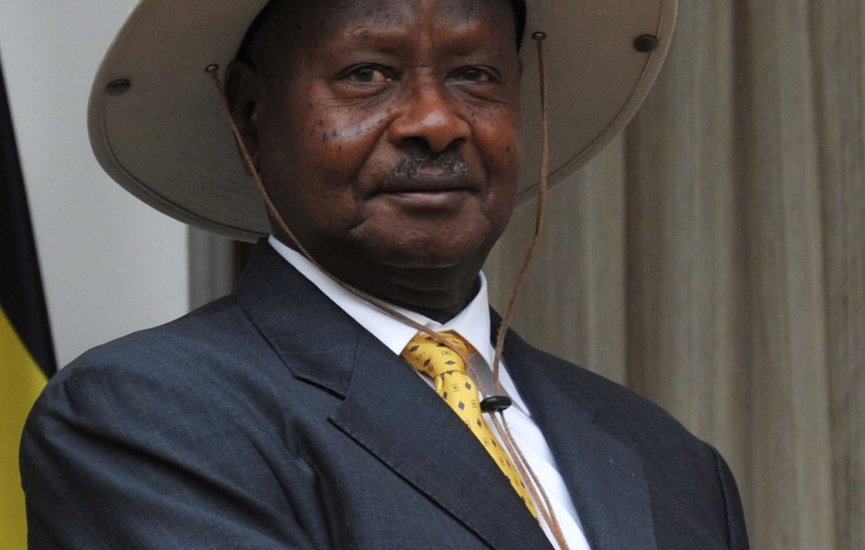KAMPALA — President Yoweri Museveni has issued a directive for a comprehensive census to be conducted among Ugandans living abroad, a move aimed at enhancing the government’s understanding of its diaspora. The initiative is part of ongoing efforts to engage Ugandans outside the country more effectively and tap into the opportunities that the diaspora presents for national development.
The directive was announced during a cabinet meeting where the President emphasized the need for accurate data to inform government policies, programs, and interventions related to the diaspora community. The government believes that understanding the scale and demographics of its citizens abroad will play a crucial role in improving diplomatic ties, trade relations, and investment flows from the diaspora.
Uganda’s diaspora population is known to be substantial, with Ugandans living in countries across Africa, Europe, North America, and the Middle East. However, the lack of precise data on their numbers and whereabouts has often hampered efforts to foster closer engagement with them and harness their potential contributions to the nation’s development.
In his directive, President Museveni called on the Ministry of Foreign Affairs and the Uganda Bureau of Statistics (UBOS) to take the lead in organizing the census. He emphasized the importance of collaboration between different government agencies to ensure the data collected is accurate and comprehensive.
“The diaspora is an important resource, and this census will enable the government to connect with Ugandans abroad more effectively,” President Museveni said. “We will use the data to better engage with them on issues of national development, remittances, investments, and facilitating their participation in the political process.”
The census is expected to gather information not only on the number of Ugandans living abroad but also on their skills, occupations, contributions to the economy, and challenges they face in their host countries. This data will be valuable in shaping future policies aimed at improving the welfare of Ugandans living outside the country.
The government has also expressed an interest in leveraging the census results to encourage greater investment from the diaspora. Uganda has long relied on remittances from its citizens abroad, which are a significant source of foreign exchange for the country. The census is expected to provide a clearer picture of the potential for increasing investments, particularly in sectors such as real estate, agriculture, and technology.
The announcement of the census comes at a time when the government is intensifying efforts to harness the potential of the diaspora to contribute to the country’s socio-economic development. In recent years, Uganda has sought to increase its outreach to Ugandans abroad through initiatives such as the establishment of diaspora consulates, trade and investment forums, and capacity-building programs.
The census is also expected to serve as a foundation for future initiatives aimed at improving the legal and social support systems for Ugandans abroad. This includes better access to consular services, legal assistance, and opportunities for diaspora-driven businesses to partner with local companies in Uganda.
While the specifics of the census timeline and methodology are still being worked out, the government has expressed its intention to carry out the process as soon as possible. The data collected will be instrumental in shaping Uganda’s engagement with its diaspora for years to come, particularly in addressing the needs and aspirations of Ugandans living abroad.
This move by President Museveni has been welcomed by many in the diaspora community, who have long advocated for more inclusive policies and greater government attention. Several Ugandans abroad have already expressed their hope that the census will be a catalyst for greater representation and participation in Uganda’s national development agenda.
As the government moves forward with this initiative, the impact of the diaspora census will be keenly observed, with expectations high that it will lead to more robust and targeted policies for Ugandans both at home and abroad.
